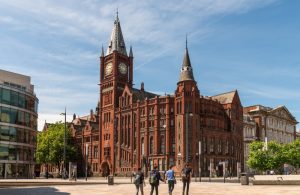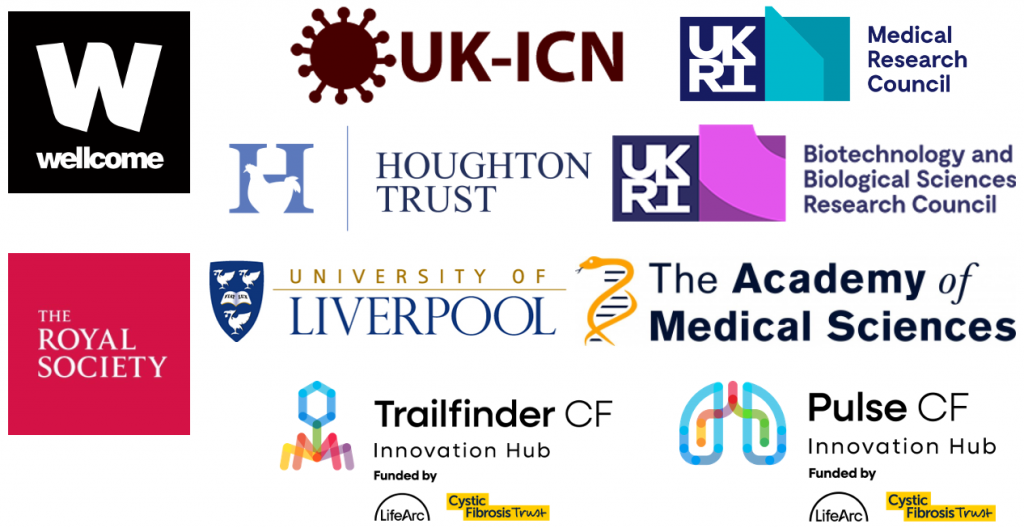Welcome to the Emmott Lab!
What we do: RNA virology & proteomics!
The Emmott Lab uses and develops proteomic methods to study viruses and how they replicate and interact with their hosts. In particular, we are interested in RNA viruses important for human and animal health such as Norovirus and SARS-CoV-2. The lab does what is known as ‘basic science’: early-stage investigations which lay the groundwork for more applied or clinical studies. We also apply proteomics to other areas of biology, and have long-standing collaborations using clinical proteomics to study cystic fibrosis.
Why we do it?
By learning the fundamentals of how these viruses replicate and interact with the cells they infect, we can learn how to treat or diagnose infections, design better vaccines or antiviral drugs, or even convert viruses from pathogens into useful gene therapy or anticancer tools.
How we do it?
The lab makes extensive use of and develops mass spectrometry-based proteomic methods in its work, including single-cell proteomics (SCoPE2). These methods are used alongside virology, molecular biology, microscopy, and integrative ‘omics approaches to answer questions on how RNA viruses replicate and interact with the host cell.
Research themes:
Research in the lab falls under three main themes:
Where to find us:
 |
 |
|
Centre for Proteome Research, University of Liverpool |
Liverpool, UK |
| The Emmott Lab is part of the Centre for Proteome Research (CPR) at the University of Liverpool alongside the Eyers, Scheltema and Chetwynd labs, which all employ and develop mass spectrometry-based methods to answer biological questions. The CPR’s remit is the ‘advancement of technological capabilities for proteomics analysis across the biological and biomedical sciences’. All four groups are also part of the Department of Biochemistry, Cell & Systems Biology, within the Institute of Systems, Molecular & Integrative Biology.
Alongside research, the CPR has a role as one of the University of Liverpool’s Shared Research Facilities (SRF). The SRF provides a proteomics service and collaborative access to users wishing to apply mass spectrometry to their own research. For more details on the SRF please see here. |
The city of Liverpool is in the North-West of England, with a population of 490,000 and 2.2 million living in the wider Liverpool metropolitan area. A historic port city, Liverpool city was named European Capital of Culture in 2008, hosted Eurovision on behalf of Ukraine in 2023, Taylor Swift in 2024, and contains the most art galleries and museums of any city in the UK outside London. It is most famous for music (The Beatles), football (Liverpool F.C. & Everton), and its architecture.
Unlike London, Liverpool benefits from very affordable cost of living. It also has good transport links by rail and car to nearby Manchester, as well as Birmingham and London. The local Liverpool John Lennon Airport also offers domestic and international flights. |
Funding:
The Emmott lab is grateful to its funders for supporting the labs work. Research in the Emmott lab is currently supported by a Wellcome Career Development Award [227831/Z/23/Z], and by the MRC [MR/X000885/1], BBSRC, and two CF-Trust/LifeArc Innovation hubs (CF-TRAILFINDER and PULSE-CF).
Previously the lab has received support from the Royal Society, UK-ICN (UK-International Coronavirus Network), the Houghton Trust, Academy of Medical Sciences Springboard Award, and University of Liverpool Wellcome ISSF funds.


